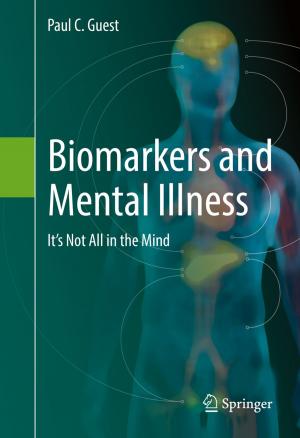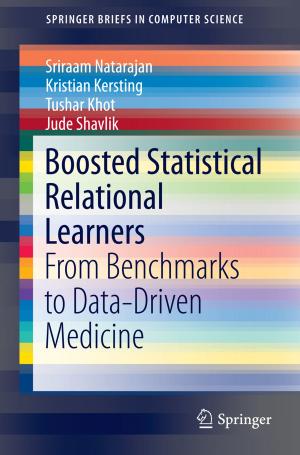Key Insights into Basic Mechanisms of Mental Activity
Nonfiction, Health & Well Being, Psychology, Cognitive Psychology, Emotions| Author: | Otto Buxbaum | ISBN: | 9783319294674 |
| Publisher: | Springer International Publishing | Publication: | March 26, 2016 |
| Imprint: | Springer | Language: | English |
| Author: | Otto Buxbaum |
| ISBN: | 9783319294674 |
| Publisher: | Springer International Publishing |
| Publication: | March 26, 2016 |
| Imprint: | Springer |
| Language: | English |
A more nuanced perspective on cognition, behavior, personality, and pathology.
Mind/brain.
It is explained that mental activity is not possible without concepts/memory structures that exist in the brain and result from perceptual learning. Core mental activities including thinking, reasoning, and judgment are described as components of self-regulation and in terms of interacting neural systems.
This framework also leads to a more specific and less stigmatizing system for classifying and diagnosing mental illnesses.
This concise volume:
- Recasts mental processes as neuro-mental processes.
- Provides empirical evidence for the neural basis for judgments.
- Addresses ongoing mind/brain questions such as whether thinking is unconscious.
Key Insights into Basic of Mental Activity will interest scientists doing research in psychology, psychiatry, psychotherapy, human biology/anthropology, linguistics, and neuroscience. Professors, lecturers, and instructors will find it important as a class text in these fields. And the book’s clinical implications make it useful to practitioners of psychology, psychiatry, and psychotherapy.
A more nuanced perspective on cognition, behavior, personality, and pathology.
Mind/brain.
It is explained that mental activity is not possible without concepts/memory structures that exist in the brain and result from perceptual learning. Core mental activities including thinking, reasoning, and judgment are described as components of self-regulation and in terms of interacting neural systems.
This framework also leads to a more specific and less stigmatizing system for classifying and diagnosing mental illnesses.
This concise volume:
- Recasts mental processes as neuro-mental processes.
- Provides empirical evidence for the neural basis for judgments.
- Addresses ongoing mind/brain questions such as whether thinking is unconscious.
Key Insights into Basic of Mental Activity will interest scientists doing research in psychology, psychiatry, psychotherapy, human biology/anthropology, linguistics, and neuroscience. Professors, lecturers, and instructors will find it important as a class text in these fields. And the book’s clinical implications make it useful to practitioners of psychology, psychiatry, and psychotherapy.















